COLOMBIA’S CHILDREN: HOSTAGES OF “PEACE”
The Obama Administration hailed the FARC-Santos deal as an example of “inclusive peace.” But it isn’t “inclusive” of these 2,000 children, or the tens of thousands that have been taken, or the families who have mourned them
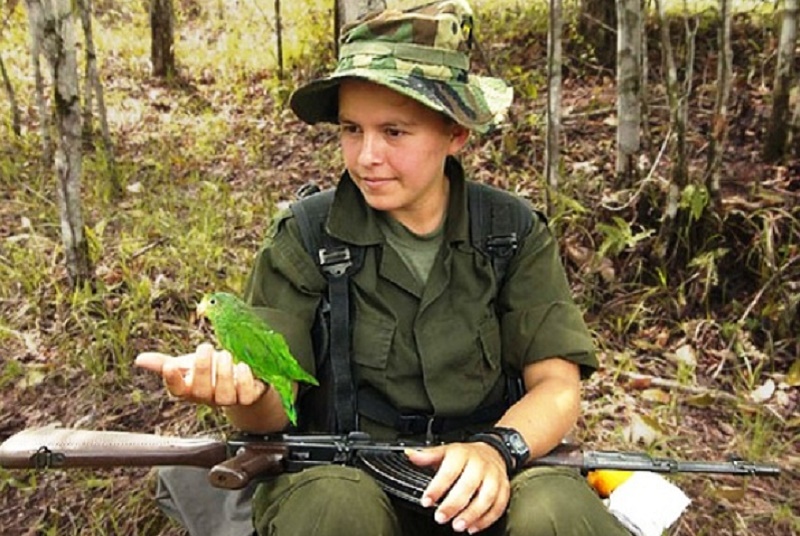
Colombia’s Children: Hostages of “Peace”
The Obama Administration hailed the FARC-Santos deal as an example of “inclusive peace.” But it isn’t “inclusive” of these 2,000 children, or the tens of thousands that have been taken, or the families who have mourned them

By Lia Fowler *
October 13/2015
The leader of the Colombian narco-terrorist group FARC, known as Timochenko, revealed this week that — from the beginning of ‘peace’ dialogues with the Santos government — Santos’ brother, Enrique, promised the FARC no jail time for their crimes. In doing so, Timochenko confirmed that four years of negotiations have been a sham. Indeed, calling the conversations in Havana a “negotiation” would presuppose two opposing parties trying to reach a consensus. But the only two parties involved in this scenario have been the FARC-Santos Alliance on one side and the Colombian people back at home – and the latter have not been invited to the table. There is, however, one thing standing in the way of the Alliance’s goal of pardoning the FARC’s crimes and paving their way to power: The FARC’s decades-long history of recruiting children for war and the more than 2,000 children currently held captive in their camps.
The Colombian Institute of Family Welfare (ICBF) estimates that in the last decade alone, about 20,000 children have been recruited by the FARC. More than 6,000 children have died in combat, according to the Ombudsman’s Office. Such was the fate of nine girls and 16 boys recruited into a terrorist unit under the command of Timochenko and Ivan Marquez, lead negotiator for the FARC, who were killed in combat in 2000 and 2001. Another 52 children in that unit were rescued by the military. Timochenko and Ivan Marquez were found guilty in September of recruiting more than 100 children in relation to this incident.
Since 1999, more than 5,500 children had been rescued or escaped from the FARC, according to the ICBF. Victim accounts describe appalling conditions of sexual abuse, forced abortions, torture and brutality. Thousands of children have died at the hands of their captors. In a chilling account, FARC terrorist Elda Neyis Mosquera, alias ‘Karina’, who turned herself in after 28 years with the FARC, described how she participated in kidnapping dozens of children from schools in the Antioquia region and then murdered 38 of them for “failing to follow orders.”
Four years of “peace negotiations” have done nothing to help Colombia’s children.
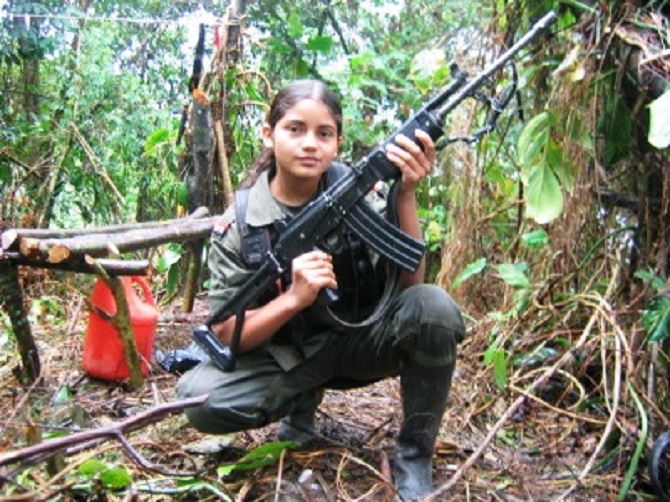
Today, the Department of Defense estimates there are around 2,000 children being held by the FARC, while other studies estimate that number to be around 3,500.
“Juan Manuel Santos has been completely indifferent to this crime,” stated Margarita Maria Restrepo, a congressional representative for the Centro Democratico party. On the contrary, she added, “[Santos] has been absolutely complicit with the FARC.”
The evidence supports Ms. Restrepo. Elected to Congress in 2014, she has focused on making the release of minors a requirement for continued talks in Havana. In its public announcements, FARC leaders went from denying any recruitment of minors, to stating they had only 13 children under the age of 15, to agreeing to the “possibility of a custody exchange.” The Santos government has not pressed the issue.
In May of this year, Ms. Restrepo called on the FARC to release all minors in their ranks, setting a deadline of August 11, 2015. “Peace is the sum of actions of peace, not promises; not years of talking and talking without a single gesture that would indicate that they really want peace,” she stated.
The chief negotiator for the government, Humberto de La Calle, said he was “in agreement with the need to set limits.” But the deadline came and went, with no efforts by the Government or the FARC to meet it. Agencies charged with ensuring the rights of children have been silent. A representative for UNICEF in Colombia even chastised Ms. Restrepo for her advocacy. “He told me I should be more prudent because the subject of child recruitment was ‘altering the terms’ of the conversations in Havana,” she explained. And when the peace deal was announced with such fanfare in September, it did not – as far as anyone can tell – demand the release of the captive children.
The Santos government has been creative in finding ways to give the FARC a pass on many of their crimes: the Attorney General, Luis Eduardo Montealegre, has endorsed making kidnapping and extortion political crimes, and drug trafficking has already been declared political – making these offenses eligible for pardon. But child recruitment falls under the jurisdiction of the International Criminal Court and, therefore, cannot be pardoned.
This makes the captive children an inconvenience – putting their lives in more danger than ever. They are living proof of the FARC’s most heinous crime and of the Santos government’s failure to protect them.
The Obama Administration hailed the FARC-Santos deal as an example of “inclusive peace.” But it isn’t “inclusive” of these 2,000 children, or the tens of thousands that have been taken, or the families who have mourned them. In backing this deal, Mr. Obama now shares accountability for their fate.
@lia_fowler
*American Journalist and former FBI Special Agent

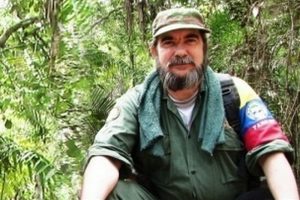
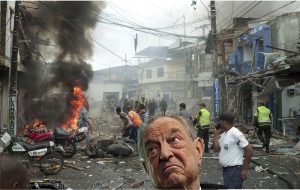
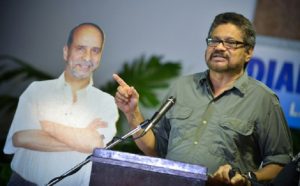
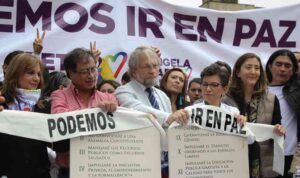
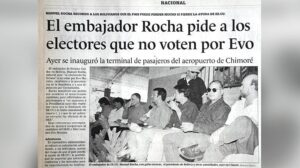

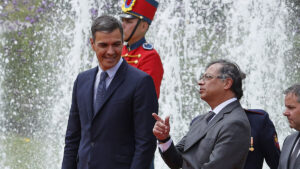
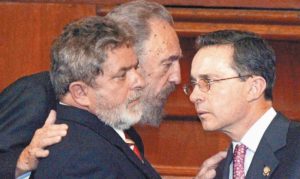
Comentarios